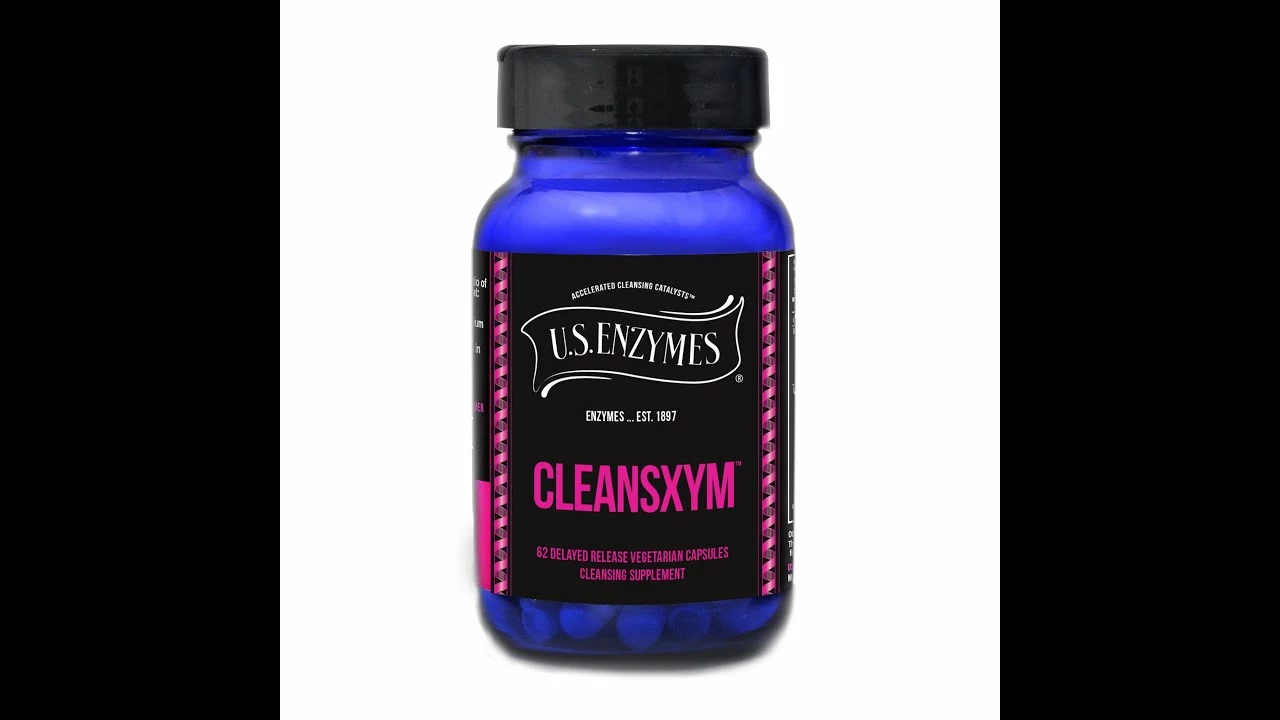Valerian Supplements: What They Are and Why You Might Want One
If you’ve tried coffee, melatonin, or prescription pills for better sleep and still feel restless, valerian might be worth a look. It’s an herb that’s been used for centuries to calm the mind and promote rest without the groggy hang‑over of some meds.
How Valerian Works as a Sleep Aid
Valerian root contains compounds called valerenic acids that interact with GABA receptors in your brain. In plain terms, they help slow down nerve activity so you can drift off easier. Most users notice the effect within 30‑60 minutes of taking a capsule or tea, but it’s not a magic bullet – a calm bedtime routine still matters.
People often report fewer night awakenings and less tossing‑and‑turning. Because valerian isn’t a sedative that knocks you out, you usually wake up feeling refreshed rather than foggy. The key is to stick with a consistent dose; jumping from 300 mg one night to 800 mg the next can cause mild headaches or stomach upset.
Choosing Safe Valerian Products
Not all valerian supplements are created equal. Look for products that list standardized extract on the label – this means the manufacturer measured the amount of active compounds, giving you a reliable dose each time.
Avoid “proprietary blend” formulas unless the company provides exact percentages for valerian. Those blends can hide low‑quality fillers that dilute the effect. Check if the brand follows Good Manufacturing Practices (GMP) and has third‑party testing results posted on its website.
Buying online is convenient, but scammers do exist. Stick to reputable pharmacies or health stores that require a prescription for stronger doses and offer clear return policies. Reading customer reviews can also flag products with weird after‑tastes or inconsistent potency.
When you first start, try the lowest recommended dose (often 300–400 mg) half an hour before bedtime. If you don’t feel any improvement after a week, you can increase gradually but stay below the max of 900 mg per day unless your doctor says otherwise.
Pregnant or nursing women should skip valerian unless advised by a healthcare professional, as safety data is limited. Same goes for people on anti‑depressants or blood thinners – the herb can interact with certain meds.
If you prefer a tea, steep 1–2 grams of dried root in hot water for about 10 minutes. Adding a dash of honey can mask the earthy taste while still delivering calming benefits.
Bottom line: valerian is a low‑risk option for many who need a gentle nudge toward better sleep. Choose standardized, GMP‑certified products, start with a modest dose, and give your body a week to adjust. With the right supplement, you’ll likely find yourself falling asleep faster and waking up clearer‑headed.

Mastering the Art of Relaxation: A Comprehensive Guide to Valerian Supplements
In my latest blog post, I delve into the world of relaxation and stress management through the use of Valerian supplements. I've put together an exhaustive guide that covers everything you need to know about this natural remedy, from its historical roots to its modern-day usage. We'll explore the many benefits of Valerian, backed by scientific research, and how it can help promote better sleep and reduce anxiety. I also discuss important considerations like dosages and potential side effects. Ultimately, my hope is to help readers discover a natural path towards better relaxation and stress management.